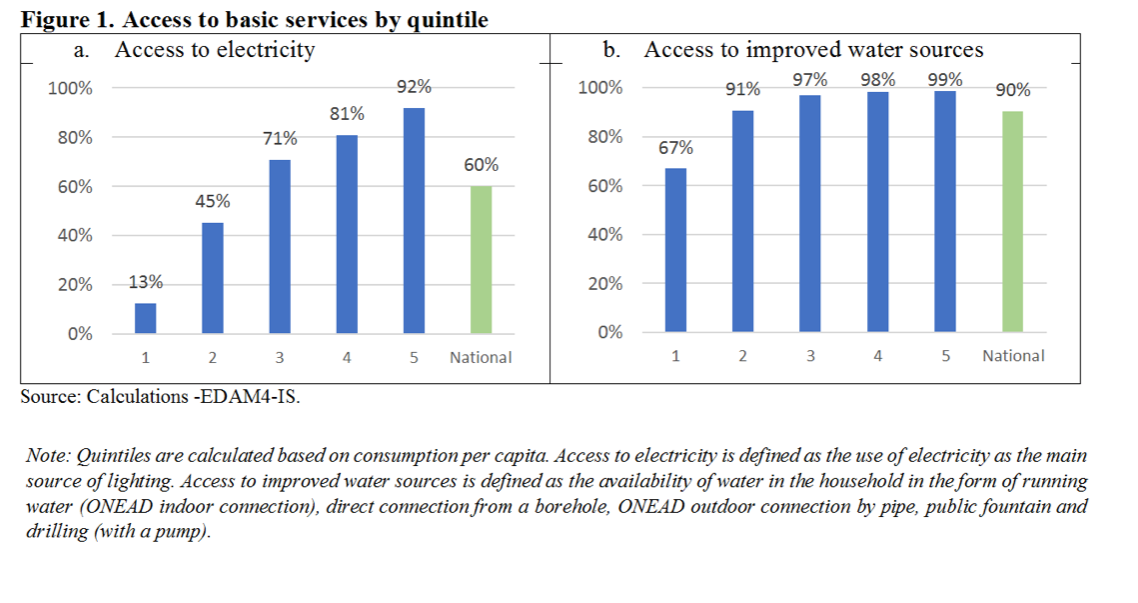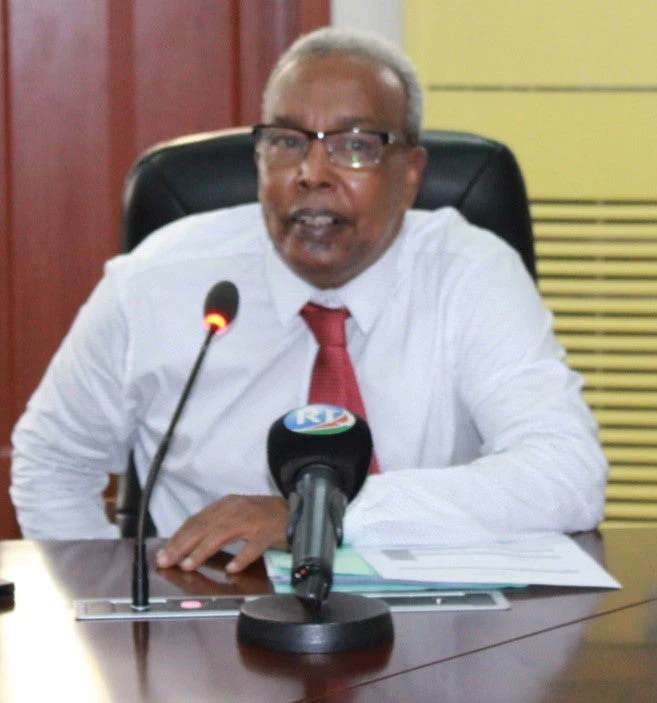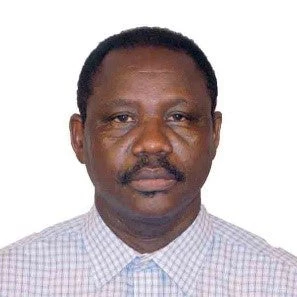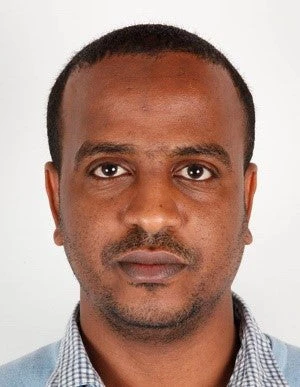![When it comes to security of land rights in Djibouti, about a third of the population resides in houses with a land title. [Photo Credit: Gabriel Lara Ibarra] When it comes to security of land rights in Djibouti, about a third of the population resides in houses with a land title. [Photo Credit: Gabriel Lara Ibarra]](/content/dam/sites/blogs/img/detail/mgr/image_2.jpg) When it comes to security of land rights in Djibouti, about a third of the population resides in houses with a land title. [Photo Credit: Gabriel Lara Ibarra]
When it comes to security of land rights in Djibouti, about a third of the population resides in houses with a land title. [Photo Credit: Gabriel Lara Ibarra]
On June 14, Djibouti took a major leap and placed itself at the forefront of the open data agenda in the Middle East and North Africa (MENA) region and the world. Through a longstanding collaboration between the Djibouti National Institute of Statistics (INSD) and the World Bank, all Household Consumption Surveys were made available online and ready for use by research associations, international organizations, and the development community. The survey data goes back to 2002 and provides information as recently as 2017.
[From left to right: Omar Abdoulkader, Sekou Tidiani Konaté, and World Bank Economist Vibhuti Mendiratta, Mr. Idriss Ali Soultan.]
The publication of this data contributes to the broader objective of evidence-based policy making while providing the necessary elements to track indicators of value nationally and internationally such as the Sustainable Development Goals (SDGs).
What does the data tell us?
One of the objectives of the latest survey, Enquête Djiboutienne Auprès des Ménages des Indicateurs Sociaux, also known as EDAM-IS 2017, was to present recent data that could help monitor the SDGs adopted by the international community in September 2015, particularly SDG1 -- eradicating extreme poverty. Thus, using data from the survey, we now know that 17% of Djibouti’s population lives below $1.90 a day in 2017, much higher than other countries in the MENA region where the estimated rate of extreme poverty was 5% in 2015. At the same time, this rate is lower when compared with other countries like Ethiopia, but slightly higher than the 14% poverty rate of lower-middle income countries.
The latest survey also collects data to help track other SDG indicators like electricity, water, and land rights. Only 13% of the poorest population has access to electricity (Figure 1). This share progressively inches upward as we move up the income ladder, with nearly 92% access for the richest 20% of the Djiboutian population. On access to improved water sources, Djibouti has high access rates for all except the poorest 20% of the population. Providing access to improved water sources to the remaining population seems feasible by 2030, but electricity access is likely to remain a challenge for the Djiboutian government.
When it comes to security of land rights in Djibouti, about a third of the population resides in houses with a land title (Figure 2). There do not seem to be any gender differences, with an equal share of men and women living in houses with secure land rights. However, wide disparities are found in urban and rural settings. A mere 2% of the rural population has secure land rights over the house they reside in. Providing security over the control of land will continue to remain a challenge in Djibouti going forward. And it seems even more ambitious to achieve the SDG target that all men and women have secure tenure rights over land by 2030.
The indicators presented above, and many others can now be readily calculated, replicated, and studied by anyone, given that the Djibouti National Institute of Statistics (INSD, formerly Directorate for Statistics and Demographic Studies or DISED) has decided to host its microdata on World Bank’s microdata catalog site. INSD’s commitment to share the work produced through the years responds to its mission of producing and disseminating data that responds to the needs of the government, the private sector and the public. Efforts will continue toward this goal of publicly releasing microdata and metadata of several other surveys that INSD has conducted over the past. This will certainly help the government and other development stakeholders to monitor progress against the SDGs, support innovation, promote better informed decisions, contribute to greater transparency and accountability and improve service delivery.
This commendable effort is a great example of how strong partnerships can change the way we understand, analyze and help tackle the biggest challenges in the development arena.

![The data agreement to host microdata of three consumption surveys on World Bank?s microdata catalog was signed by Mr. Idriss Ali Soultan. [From left to right: Omar Abdoulkader, Sekou Tidiani Konaté, and World Bank Economist Vibhuti Mendiratta, Mr. Idriss Ali Soultan.]](https://s7d1.scene7.com/is/image/wbcollab/IMG_0011_2_?qlt=90&fmt=webp&resMode=sharp2)







Join the Conversation